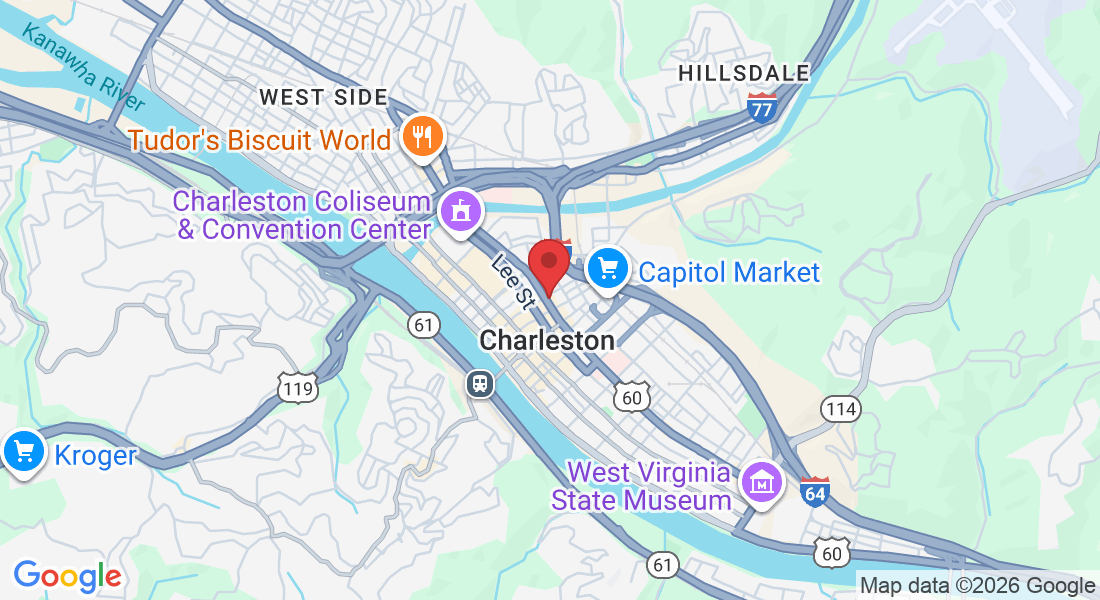
DIY Wills vs. Hiring a Lawyer in West Virginia – What You Need to Know
The rise of online forms and document generators has made do‑it‑yourself wills tempting. For a fraction of the cost of hiring an attorney, you can download a template, fill in the blanks, and get a will within minutes. But at what cost? Let’s explore the benefits and drawbacks of DIY wills versus hiring a professional in West Virginia.
Advantages of DIY wills

Low upfront cost. Online will kits can cost as little as $50. They may include a basic template for a last will and testament and instructions for signing.
Convenience and privacy. You can complete the document at home without disclosing personal details to anyone. This appeals to people who are uncomfortable sharing financial information with a stranger.
Suitable for very simple situations. If you are single, have minimal assets, no debt, and plan to leave everything to one person, a DIY will might suffice—if executed correctly and in compliance with state law.
Risks and disadvantages of DIY wills
Invalid or incomplete execution. West Virginia requires two competent witnesses when signing a will. If your DIY template lacks proper witness signatures or notarization, the will could be challenged. The Vest Estate Lawyers article notes that missing witness signatures and failure to meet legal formalities are common problems with DIY wills.
Mistakes invalidate provisions. Even minor cross‑outs or corrections can invalidate sections of a will. Without legal oversight, you may inadvertently create ambiguity.
Doesn’t account for complex situations. Templates often assume a traditional nuclear family. They fail to address blended families, second marriages, minor children, beneficiaries with special needs, or tax and Medicaid planning. They also don’t address updating beneficiary designations on retirement accounts or coordinating with trusts.
Potentially higher costs later. If a DIY will is invalidated, your estate is distributed under intestate succession laws. The cost to litigate or correct errors often far outweighs the attorney fee you hoped to save.
Benefits of hiring an attorney

Working with an estate planning attorney provides personalized guidance. An attorney can:
Ensure compliance with West Virginia law, including proper witnessing, notarization, and the requirement to file a will within 30 days of death.
Address unique circumstances, such as blended families, minor beneficiaries, or special‑needs trusts.
Coordinate beneficiary designations on life insurance, retirement accounts, and jointly owned property to ensure your overall plan is cohesive.
Incorporate tax and Medicaid planning, protecting your estate from unnecessary taxes and ensuring eligibility for benefits.
Provide ongoing support, updating your plan when laws change or life events occur.
West‑Virginia‑specific requirements
West Virginia follows specific formalities for wills. You must sign your will in the presence of two competent witnesses. Witnesses should not be beneficiaries. While notarization isn’t strictly required for the will’s validity, it’s advisable to have a self‑proving affidavit notarized to speed up probate. Importantly, the will must be delivered to the county clerk within 30 days of the testator’s death. DIY forms often overlook these deadlines.
Cost comparison
DIY kits cost $50–$150. Attorney fees vary based on complexity. According to a Snug survey, drafting a will in West Virginia typically costs $200–$850, while a comprehensive estate plan ranges from $600 to $4,250. While hiring a lawyer costs more upfront, it may save thousands in probate costs and litigation later. Many attorneys offer free or low‑cost initial consultations.
When is DIY appropriate?
If you have minimal assets, no dependents, and intend to leave everything to a single beneficiary, a DIY will—executed with proper witnesses—might be sufficient. However, consult an attorney to ensure the template complies with West Virginia law. For everyone else, the risks of DIY outweigh the savings.
Conclusion & Recommendation
Do‑it‑yourself wills appeal to the budget‑conscious, but they often fail to provide adequate protection. Hiring a local attorney ensures your documents comply with state law, address your unique circumstances, and integrate tax planning. The peace of mind and long‑term savings often outweigh the initial cost.


